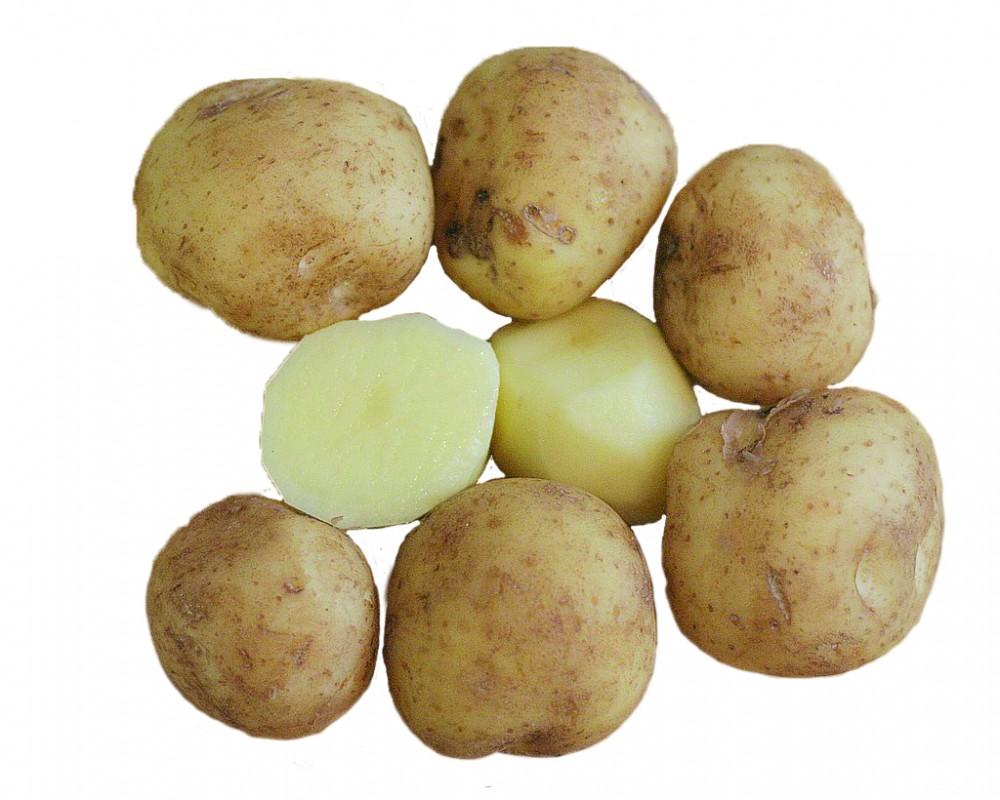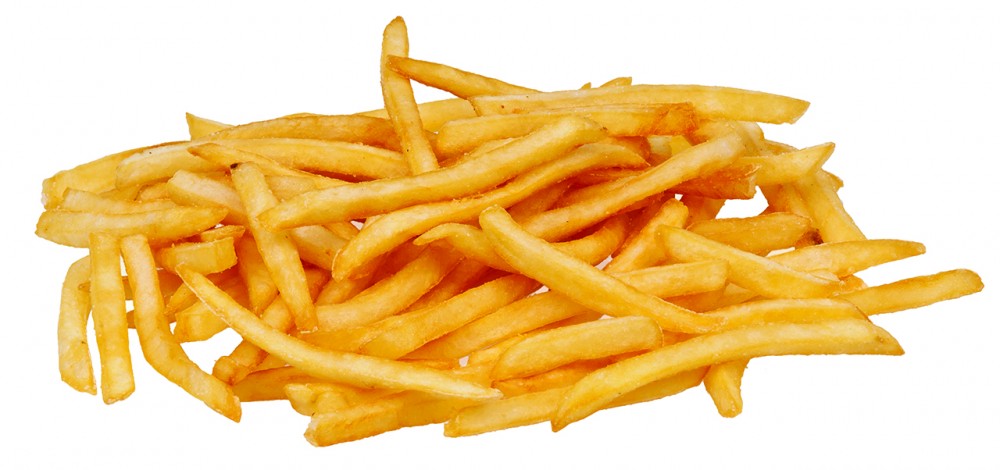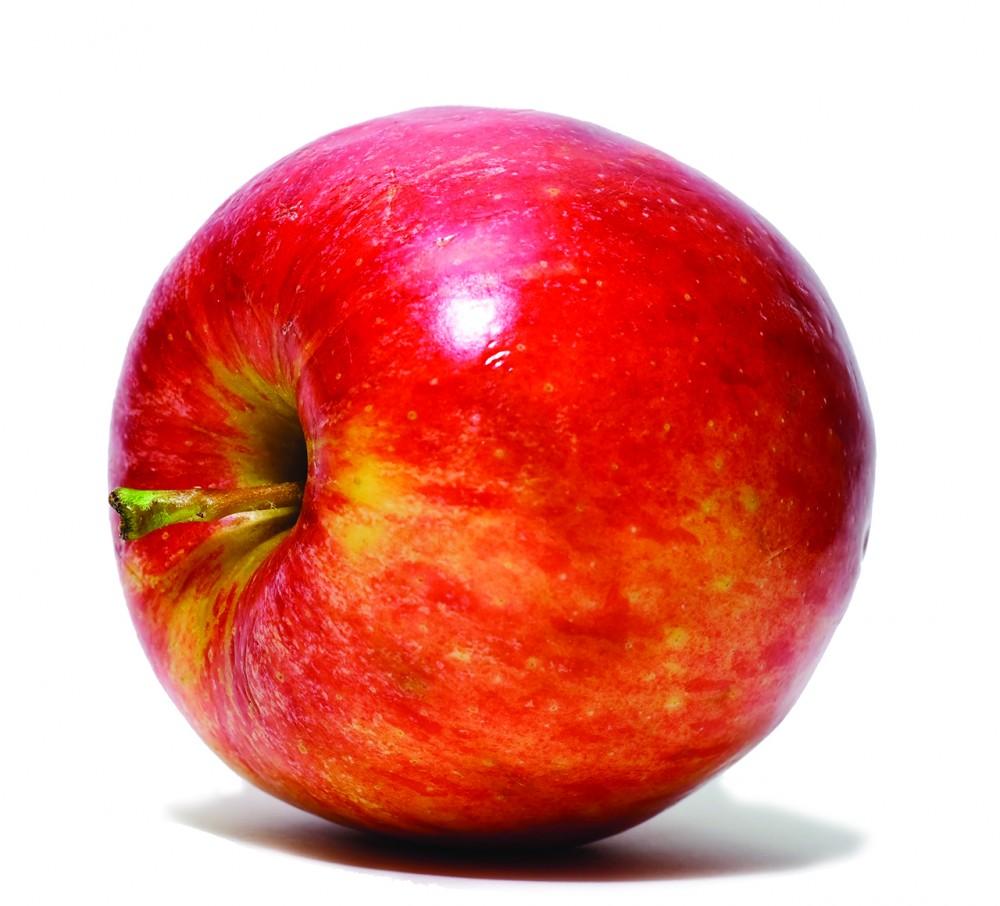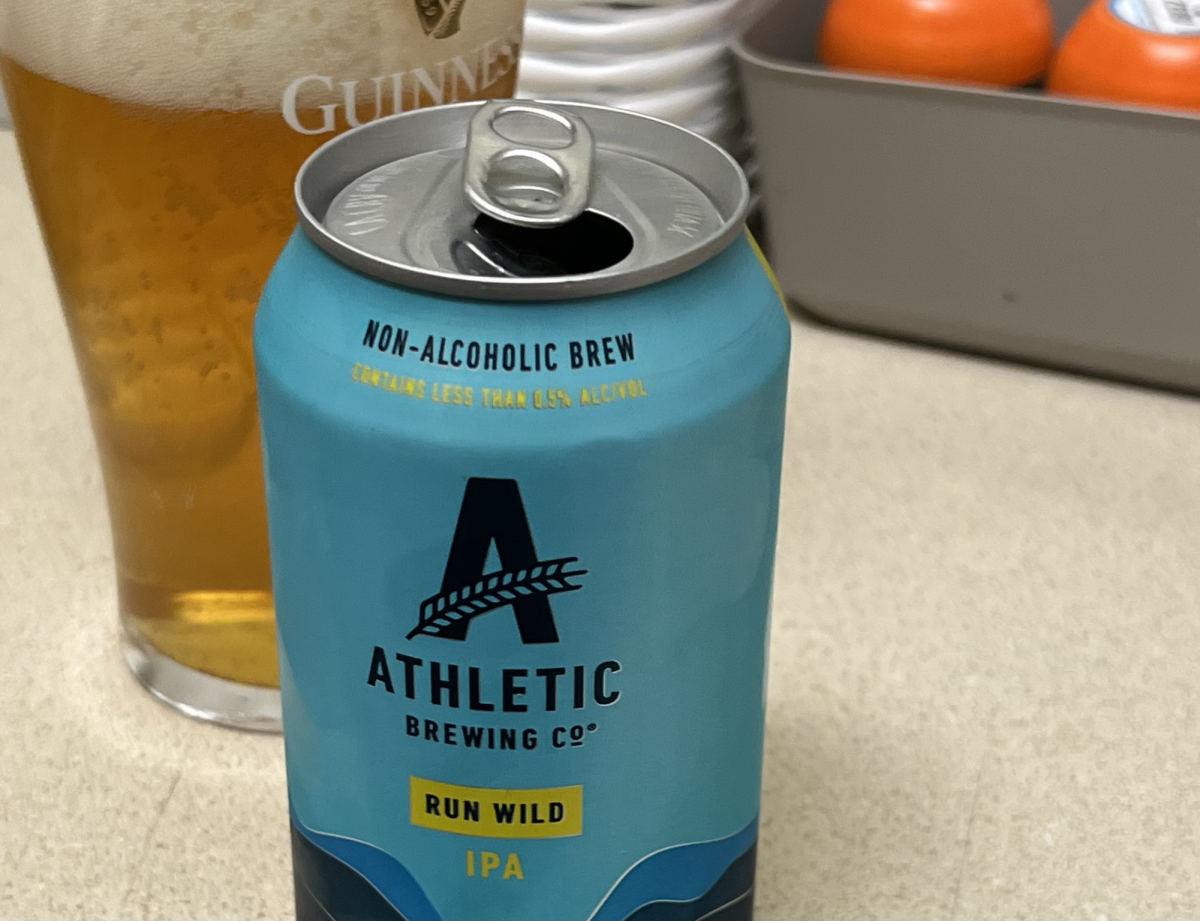
Between harvest and the produce aisle, vegetables lose a portion of their nutrients, whereas vegetable you find in the freezer were frozen immediately after harvested, and retain more of their nutrients.
Myth: Frozen vegetables are less nutritious than fresh vegetables.
Truth: A study done by the Institute of Food Research found that fresh vegetables could be up to 16 days old from the time they are picked to the time they reach dinner plates. This results in a 45% loss of nutrients in green beans. On the contrary, frozen vegetables are picked at the peak of their ripeness and frozen right away, allowing them to maintain most of their nutritional benefits.


French Fries do not retain the nutritional value of the potatoes they once were.
Myth: French fries and chips = potatoes
Truth: Americans have proven their love for potatoes by consuming an average of 130 pounds of potatoes per person annually, according to the USDA. But are we consuming them in the right form? French fries and potato chips are a form of potatoes that have been deep-fried and are therefore high in fat and low in nutritional benefits.
But don’t think fries and chips are the only snacks potatoes are good for. Choose another method of preparation. If you bake or boil them, potatoes offer a world of benefits. The Agricultural Research Service found that potatoes contain up to 60 vitamins and phytochemicals. Among these is vitamin C. One potato can provide almost half of the recommended daily value for vitamin C. Naturally low in fat, potatoes are also a great source of those lovely complex carbohydrates we talked about before.

Myth: The sugar in fruits outweighs their other benefits.
Truth: Fruits are full of health benefits such as vitamins, minerals, and fiber. The sugar content of fruit should rarely be an excuse to skip out on them. For one, the sugar found in fruits is naturally occurring, meaning it has not undergone the refining process of adding sugars. Be aware that dried fruits have a much higher sugar content than fresh fruit. Fruit juice also often contains a lot of added sugar and should be limited. When eaten in moderation, the sugar content of fruit should not scare you away.
Let’s stop finding excuses to not eat fruits and vegetables and admit they deserve all the attention they get.
Find fresh produce:
– Volunteer at the UNF Organic Garden near lot 18 and be rewarded with fresh produce.
– The Department of Health Promotion is hoping to have a table at Market Days by the end of the spring semester selling fresh produce from the UNF Organic Garden at affordable prices to encourage healthy eating habits.
– Beach’s Green Market, located at the intersection of A1A and Florida Boulevard, sells fresh organic and local produce every Saturday from 2-5 p.m.


















